And What Needs to Change
Grace VanDenBrink
As a business community, we spend a lot of time discussing hard skills versus soft skills. Most people define hard skills as those that are learned and developed and soft skills are the ones that come naturally to people. In recent years, soft skills are getting much deserved recognition and one of the most popular ones is communication. I’d like to challenge the adage on this one.
Communication is NOT a soft skill.
Now let’s talk about why.
What is a major difference between an infant and an adult? Besides walking, your first thought was likely talking. Child labor laws notwithstanding, it would be pretty difficult to be a sales meeting with an infant, even if you were trying to pitch the softest blanket ever. When we frame it like this, it’s easy to see why communication is actually a hard skill.
Clear and precise communication is crucial in certain fields, such as scientific research and software development. The ability to write technical documents, manuals, or reports that effectively convey complex information requires specific knowledge, terminology, and the ability to present information in a structured and accurate manner.
In today’s globalized world, the ability to communicate effectively across different cultures and languages is increasingly important. Understanding cultural variety, adapting communication styles, and being understanding of differences are skills that can be learned and developed through training and experience.
Effective negotiation and persuasion skills are essential in many professional settings, such as sales, business development, and project management. These skills involve articulating ideas convincingly, actively listening to others, and finding mutually beneficial solutions. Techniques such as active listening, building rapport, and employing persuasive strategies can be learned and honed.
During times of crisis or conflict within an organization, the ability to communicate becomes critical. Skills such as managing difficult conversations, addressing conflicts, and conveying information in a clear and calm manner can be seen as more “hard” in nature due to the need for specific strategies and techniques to handle challenging situations.
Another example that comes to mind is those who didn’t learn English as their first language and are attempting to secure higher employment in the US.
Communication becomes a very real, and hard, barrier for those individuals.
It takes time, education, and effort to build up our communication skills, so why do we still perpetuate the myth that communication is a soft skill?
I don’t pretend to have the answer to that question, but I know a part of it lies in the “that’s the way it’s always been” mentality. It is less painful to believe our current method of communication is just how we naturally are, rather than seeking out how to improve it and get the results we really want. One stroll down the self help aisle in the bookstore proves that while communication may be something we were given, we do have the resources and obligation to learn and develop that skill.
Great leaders are often defined by their ability to clearly communicate the direction, answer questions along the way, and support when needed. Each one of those tasks cannot be completed without real communication. In this way, it’s clear that communication is a hard skill and if we want our companies and organizations to thrive, we need to treat it as such.
Build up your teams through training and development; give them constructive feedback and help them improve.
Don’t leave what makes your business special: its message and your people’s ability to communicate it, up to chance and what may (or may not!) come naturally to them.
Communication is a hard skill.

